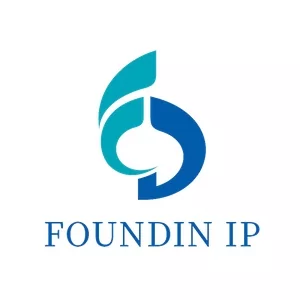To protect joint invention invented by multinational entities, e.g. a research team with multiple offices, our advice is to file a PCT application in English text before the Chinese Patent Office (CNIPA). Said PCT application can be used as a basis to subsequently enter national phase in different countries. This is the best way to simultaneously "obtain a priority date as early as possible" and "meet the patent confidentiality examination requirement (foreign filing license) of China".
The suitable situation is that there are at least two applicants for the patent application to be filed: one of them is a Chinese research entity and the other is a foreign entity. In this regard, it is generally NOT possible to file first in foreign country because of the strict requirement of "confidentiality examination (foreign filing license)"in China. According to the Chinese Patent Law, the confidentiality examination itself could take 4-6 months and in practice it could take 2 months.
In general, the applicants wish to establish a priority date as early as possible. Since the application will be drafted in English language, we do not suggest the applicants firstly file a patent application in China, as any Chinese patent application will have to be translated into Chinese language at the time of filing, and the translation process itself could take days or weeks and thus delays the date of establishing the priority.
In view of the above, we consider the best approach is to directly file a PCT application in China as the first application, and the name of at least one Chinese applicant will have to be shown in said PCT application. Since English text is, fortunately, an acceptable foreign language for Chinese PCT filing, it thus saves the time and cost for translation and the priority date can be established earlier. Moreover, a Chinese PCT application will automatically undergo a confidentiality examination procedure by CNIPA, so it also meets the requirement of confidentiality examination in China.
The content of this article is intended to provide a general guide to the subject matter. Specialist advice should be sought about your specific circumstances.


